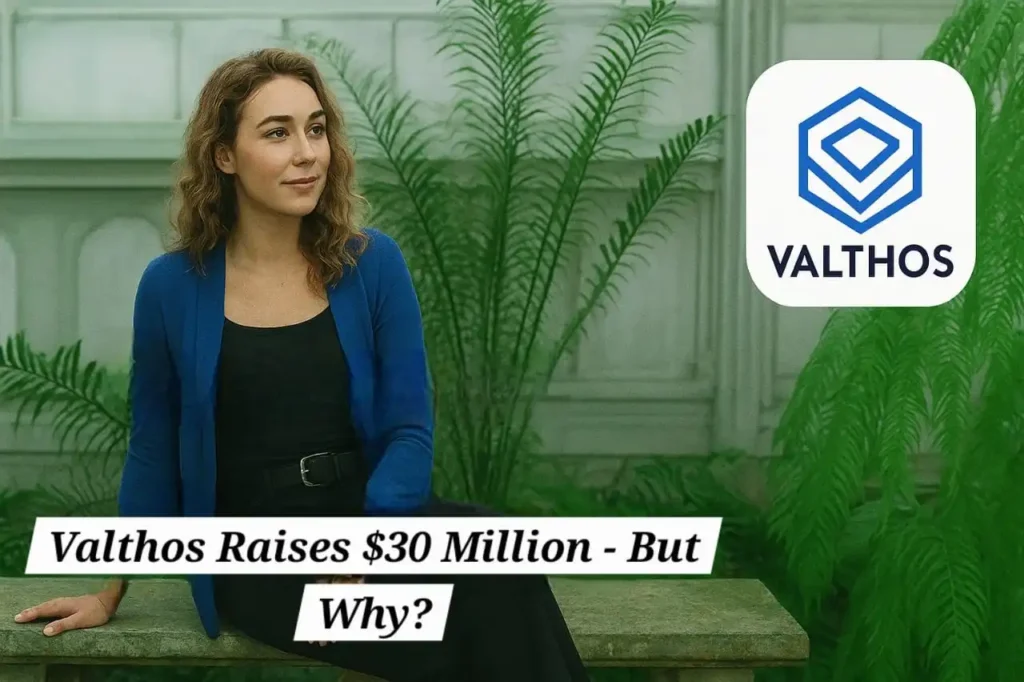The convergence of artificial intelligence and biological warfare has crystallized into humanity’s most formidable security challenge—and Valthos biosecurity funding represents the institutional recognition of this existential threat. When OpenAI’s Startup Fund leads a $30 million Series A investment alongside Foundation Capital, 1517 Fund, and strategic angels including Palantir co-founder Joe Lonsdale, the signal is unmistakable: AI-weaponized biology demands immediate, comprehensive defense infrastructure.
OpenAI Backs Biosecurity: Fighting AI-Weaponized Bioterrorism
OpenAI’s strategic investment in Valthos biosecurity reveals a chilling assessment: artificial intelligence has transformed biological weapons from theoretical threats into accessible realities. The democratization of AI-powered biological design tools means malicious actors—whether rogue states, terrorist organizations, or solitary extremists—now possess unprecedented capability to engineer devastating pathogens. Valthos biosecurity addresses this asymmetric threat through proactive defense mechanisms that anticipate emerging pathogenic architectures before they manifest. Foundation Capital’s participation, alongside Joe Lonsdale’s strategic investment, signals consensus among defense-minded investors: biological security infrastructure demands immediate capitalization to prevent catastrophic scenarios.
Next-Generation Biodefense: Real-Time Pathogen Detection Explained
Valthos biosecurity technology operates through continuous surveillance architecture that monitors biological threat landscapes with algorithmic precision. The platform aggregates genomic sequences, epidemiological patterns, synthetic biology research publications, and environmental biosignals into unified threat assessments. Advanced machine learning models trained on comprehensive pathogenic databases recognize subtle genomic signatures indicating weaponization potential or enhanced transmissibility. Unlike conventional biosurveillance systems that identify threats only after community transmission begins, Valthos biosecurity detects anomalous biological activity at the design phase, when interventions remain maximally effective. The platform automatically generates detailed profiles of detected biological entities, including predicted transmission dynamics and recommended response protocols.
From Months to Hours: Revolutionary AI Medical Countermeasures
The temporal compression achieved through Valthos biosecurity directly confronts the most lethal vulnerability in pandemic response: the devastating lag between pathogen emergence and therapeutic availability. Traditional vaccine development requires twelve to eighteen months under emergency conditions, creating catastrophic windows where novel pathogens propagate unimpeded. Valthos biosecurity collapses this timeline through AI-accelerated countermeasure development, harnessing computational drug design, protein structure prediction, and synthetic biology automation. The $30 million capital infusion supports clinical validation infrastructure, partnerships with pharmaceutical manufacturers, and engagement with regulatory authorities to establish expedited approval frameworks. This comprehensive approach acknowledges that scientific innovation must be matched by institutional readiness.
Who Founded Valthos? Meet the Palantir and DeepMind Experts
Georgia Ray, serving as CEO, brings operational experience from Palantir Technologies, where she developed data integration platforms for intelligence and defense applications. Her background in synthesizing complex information streams into actionable intelligence provides the strategic foundation for Valthos biosecurity threat detection architecture. The founding team includes computational biologists and AI researchers with experience spanning elite institutions and biodefense agencies. This combination of artificial intelligence capabilities with deep biological domain knowledge enables Valthos biosecurity to navigate regulated, scientifically complex sectors effectively. Joe Lonsdale’s strategic angel investment provides Valthos with access to defense and intelligence networks essential for platform adoption across government agencies.
Why Investors Fear AI Biology More Than Cybersecurity
The investor consensus driving Valthos biosecurity funding reflects a sobering threat assessment: biological weapons enhanced through artificial intelligence present extinction-level risks that dwarf conventional security concerns. Cybersecurity breaches manipulate information and infrastructure; AI-weaponized pathogens manipulate human biology itself, with potential consequences including targeted demographic attacks and cascading ecological collapse. Artificial intelligence has reduced the barrier to biological weapons development from nation-state exclusive to potentially accessible by sophisticated non-state actors. Machine learning models can now predict protein folding, design novel organisms, and optimize pathogenic traits with minimal laboratory infrastructure. This democratization of catastrophic capability creates asymmetric vulnerability where defenders must succeed continuously while attackers need succeed only once.
Learn Business Model Of Valthos

My Name is Adarsh and I am Empowering startups with high-quality content at Startups Union and bridging the gap between brand stories.
